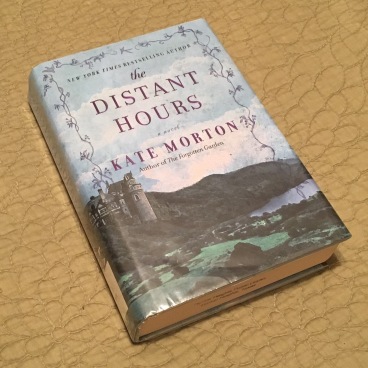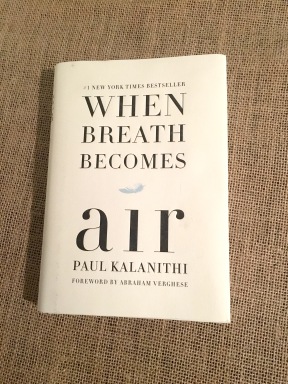In a word: Endearing
The exact copy of the book I read has gotten lost, and I can’t even find a pic of it online. So you’ll have to take my word for it that it was UG-LY. When this book was placed into my hands, I did judge that book by its cover, and it did not bode well:
- Grammar in the title: bad
- Cover: homely
- Author: unknown
- Setting: Arizona
- Format: Diary
Due to all of the above, I would never have picked up this book except that the person who gave me the book was my mother. She recommended it, and what’s more, she expected me to read it. I am a dutiful daughter, so I took the plunge, imagining that I’d take one for the team and then return to all of the more interesting titles on my TBR list.
(My mom has great taste in books, so I don’t know why I was so reluctant to trust her.)
That unpromising cover does give you a true preview in some ways: this is the diary of a young pioneer girl as she moves with her family into the truly wild west of Arizona territory. The unpolished grammar and spelling does take some getting used to, but it improves as the narrator matures. But despite this, and all of my other misgivings, it didn’t take me long to warm up to the characters and the story–I was curious, then invested, then totally engrossed. I finished the book within 24 hours, and I remorselessly neglected my home and family responsibilities until I got to the end.
A plot summary doesn’t do justice to the charm of this book. If you know anything about pioneer life, or if you ever played Oregon Trail, you can make pretty good guesses: snake bites, Indian raids, cattle thieves, natural disasters, etc.– all exciting, but par for the course.
What makes this book exceptional is the scrappy, determined narrator and her leading man, who might have just nudged his way into my Top Ten Literary Crushes list. Oh, Captain Jack: pass me the smelling salts! (No spoilers here, but his line “Mustache!” might be my favorite part in the whole book.)
This is one of those rare, sweet books that you can gobble down in a day but that will stick in your mind for much, much longer.
***
Here are some favorite quotes from the book, thanks to Leslie, who had the good sense to read this with a pencil in her hand:
“Childbirth is not an enemy you can fight or conquer or outrun, it takes you and tears you apart from the inside out and you have to just submit to it. I never understood why a girl would choose to be an old maid, but now I do.”
“Any other man ever comes around me better be carrying a pistol with one more bullet than I’ve got or I’ll have the last word.”
“A friendly silence can speak between two who will walk together a long way.”
“I know all these people are so busy because they love each other and me. We are a noisy crowd of love.”
“Mostly I just raise my children and cook and clean, flirt with Jack and enjoy his company, and read aloud the books he give me for silly holidays he makes up. Like, Oh, here’s a gift for The Third Tuesday in October, didn’t you know that’s a holiday?Well I bought you a book. He is amazing.”
“Well I hope I’m not that cantankerous. No. There’s a difference between strong coffee and bitter medicine.”
Sarah is strong coffee indeed! Her inspiring, endearing tale might be just what you need to wake up your reading life this holiday season.




